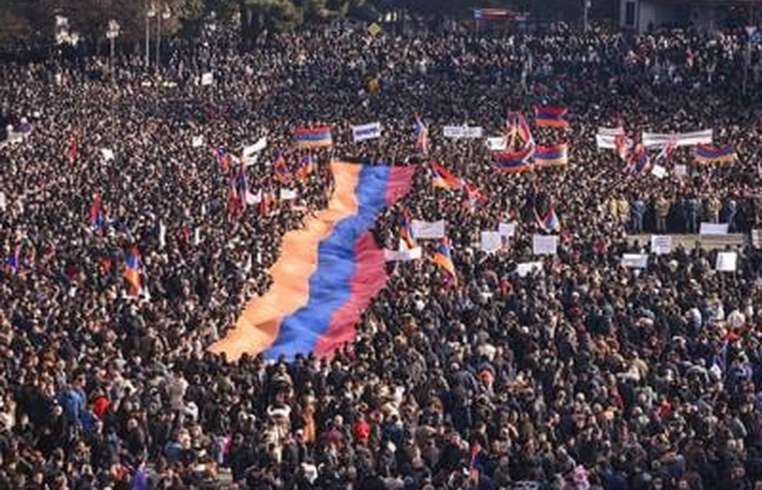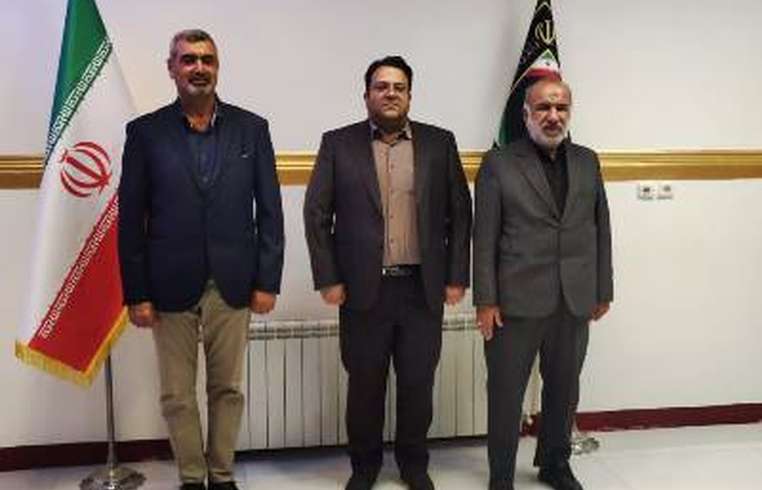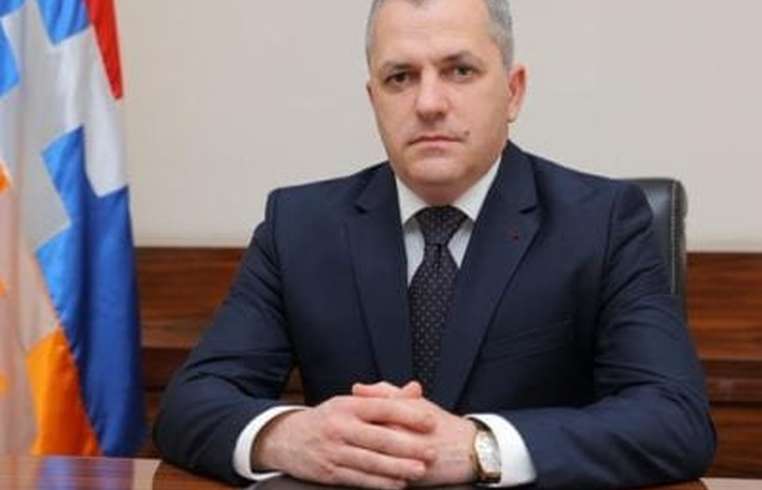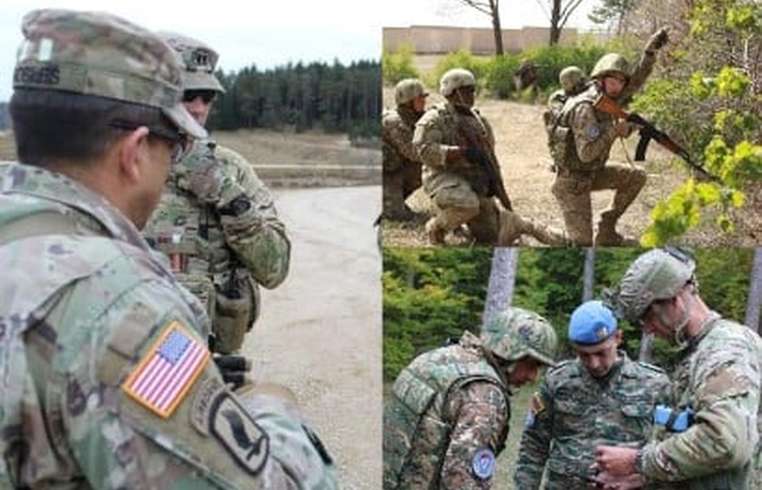
News - Armenia official on PM accusations at European Parliament: No specific country was noted
Business Strategy
Armenia official on PM accusations at European Parliament: No specific country was noted

Armenia’s relations with the European Union (EU) have always been aimed at maintaining reforms, human rights, transformation of the country; the Comprehensive and Enhanced Partnership Agreement (CEPA), which was actually a lighter version of the association agreement, was aimed at this. Deputy Foreign Minister Paruyr Hovhannisyan stated this during a briefing with reporters in the National Assembly Wednesday—and referring to Prime Minister Nikol Pashinyan announcing in the European Parliament Tuesday that Armenia was ready to strengthen relations with the EU as much as the EU deems possible. "The EU remains the most important partner from the point of view of reforming Armenia. This message only confirmed our policy to deepen and expand our relations with the EU and EU member countries as much as possible," Hovhannisyan said. Regarding the fact that Pashinyan's aforesaid address at the European Parliament has already been described as “provocative” by Russia, noting that he has taken the path of Ukrainian President Volodymyr Zelenskyy, the Armenian deputy FM said: "I am not familiar with that statement, especially since it is anonymous, therefore I will refrain from commenting. You have heard the speech, and it is obvious that there was no sensational news in the context of our relations with the EU." In terms of the remark that Nikol Pashinyan blamed Russia for the de-Armenianization of Nagorno-Karabakh, stating that Armenia’s ally did not help it, Paruyr Hovhannisyan said: "No sensational statement was made here either, no specific country was noted there, it was only said that there is disappointment with our allies. It was not noted which ally it was about. As for the [Russian] peacekeepers [in Nagorno-Karabakh], our disappointment with a number of actions has been expressed many times here." Armenian Prime Minister Nikol Pashinyan on Tuesday delivered an address at the plenary session of the European Parliament. He stated that when more that 100,000 Armenians were fleeing from Nagorno-Karabakh to Armenia, the latter’s allies in the security sector not only were not helping the country, but also were making public calls for a change of power and overthrowing the democratic authorities in Armenia.






